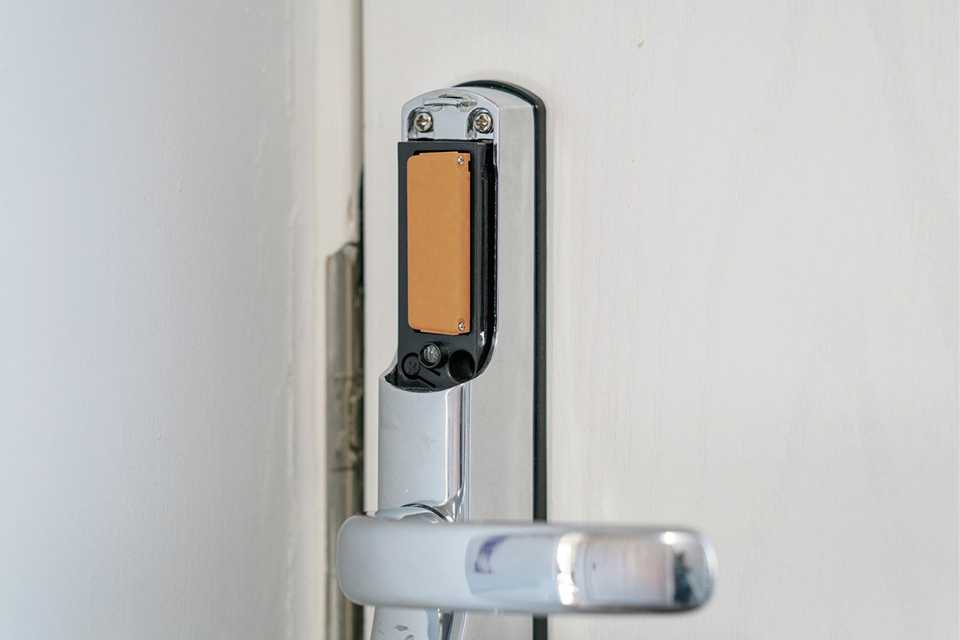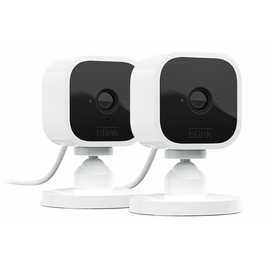Maintaining independence and living life to the fullest is important for everyone. Our range of advice, guidance, and products are designed to make daily life as easy as possible.
Shop independent living equipment
Carousel
Limited mobility solutions and walking aids
From rails and crutches to scooters and wheelchairs, explore our range of solutions to make travelling more comfortable.
Carousel
Independent living at home
Be more comfortable at home
Discover a range of helpful home aids that can make relaxing and getting around the home more comfortable. We’ve also some great advice on choosing the right products and saving money.
Independent living aids for different needs
Carousel
Smart technology
From voice controlled smart hubs to plugs, lighting and home security you can manage from your home, our huge range of smart tech can make life that little bit easier.
Carousel
Shop smart security
Slider Grid
More independent living support
Slider Grid
Wellbeing contact centre
Get in touch with our experienced and dedicated team of experts for advice on assisted living products.
Carousel
FAQs
What does independent living mean?
Independent living is about having the confidence, choice and control to manage everyday tasks in a way that suits you. It can involve using mobility aids, home aids, or simple support tools to make daily routines safer and more comfortable. From grab rails to hearing aids, these products help you stay active, reduce strain and navigate your home with ease. If you’re unsure where to start, browse our grab rails or support cushions ranges.
What are independent living aids?
Independent living aids are designed to make it easier for you to carry out daily activities including personal care, getting out and about and managing health without the need for continual support. From shower stools to toilet frames and mobility aids to bed rails, with the right help you’ll be able to enjoy independence and a level of freedom.
What mobility aids help with getting around safely?
A good mobility aid will give you confidence, support and stability whether you’re moving about the house or heading out and about. The right choice for you very much depends on your level of mobility. Walking sticks and crutches are ideal when a little extra support is needed. For more in the way of assisted walking, frames and rollators give extra piece of mind. Alternatively, wheelchairs and mobility scooters will help you when out and about for longer periods. You can make moving around your home easier too, with grab rails and bed rails to help aid your balance.
What home aids make daily tasks easier?
Small additions like overbed tables, toilet frames or reachers and grabbers can make a big difference without needing major home adjustments. They help you manage at home with comfort, confidence and less physical effort.





















































